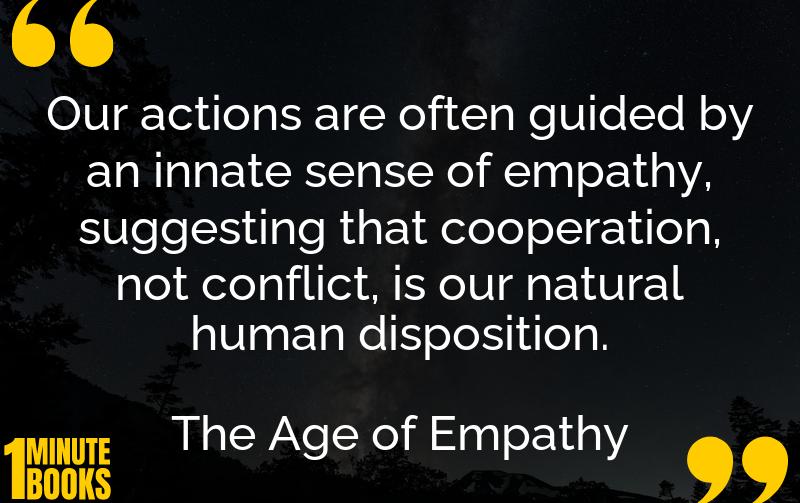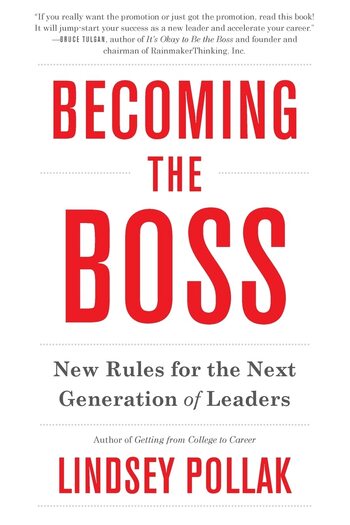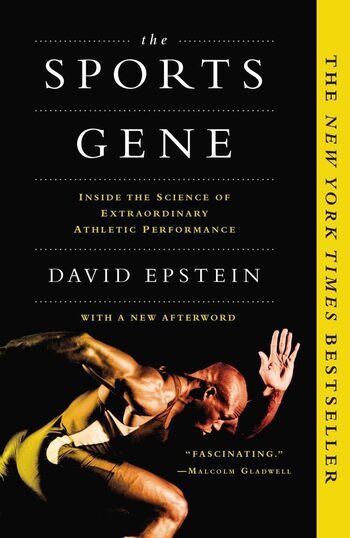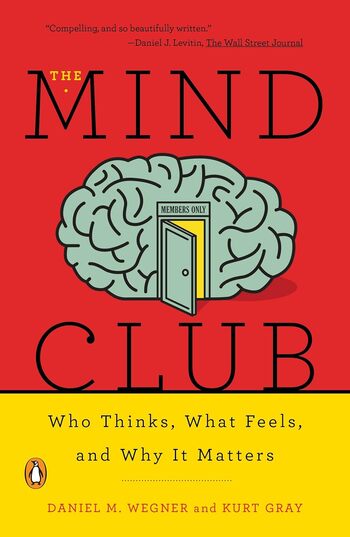
The Age of Empathy by Frans de Waal challenges the belief that humans are inherently selfish, arguing instead that empathy and cooperation are natural instincts deeply rooted in our biology.
Main Lessons
- Humans are naturally inclined towards empathy and cooperation rather than selfishness and violence.
- Empathy plays a crucial role in our survival and has evolutionary significance, particularly in caregiver-child relationships.
- The herd instinct and synchronized behavior in animals highlight our connection to the animal kingdom and the importance of social bonds.
- The narrative of inherent human selfishness is flawed and often propagated by historical and cultural misconceptions.
- Cooperation and mutual care feature prominently throughout human history, contrasting with the often-highlighted conflicts and wars.
- Social bonds and relationships are vital for both mental and physical well-being, as evidenced by studies on marriage and longevity.
- Maternal care and nurturing are critical, and their absence can lead to significant detriment to emotional and physical health.
- Large-scale mobilizations for war often derive from our innate herd instinct and a need for unity, not an unbridled desire for conflict.
- Empathy is hardwired and reflexive, demonstrated by subconscious mimicry in social interactions.
- Awareness of our inherent empathetic nature can help reshape societal narratives and enhance community and cohabitation efforts.








